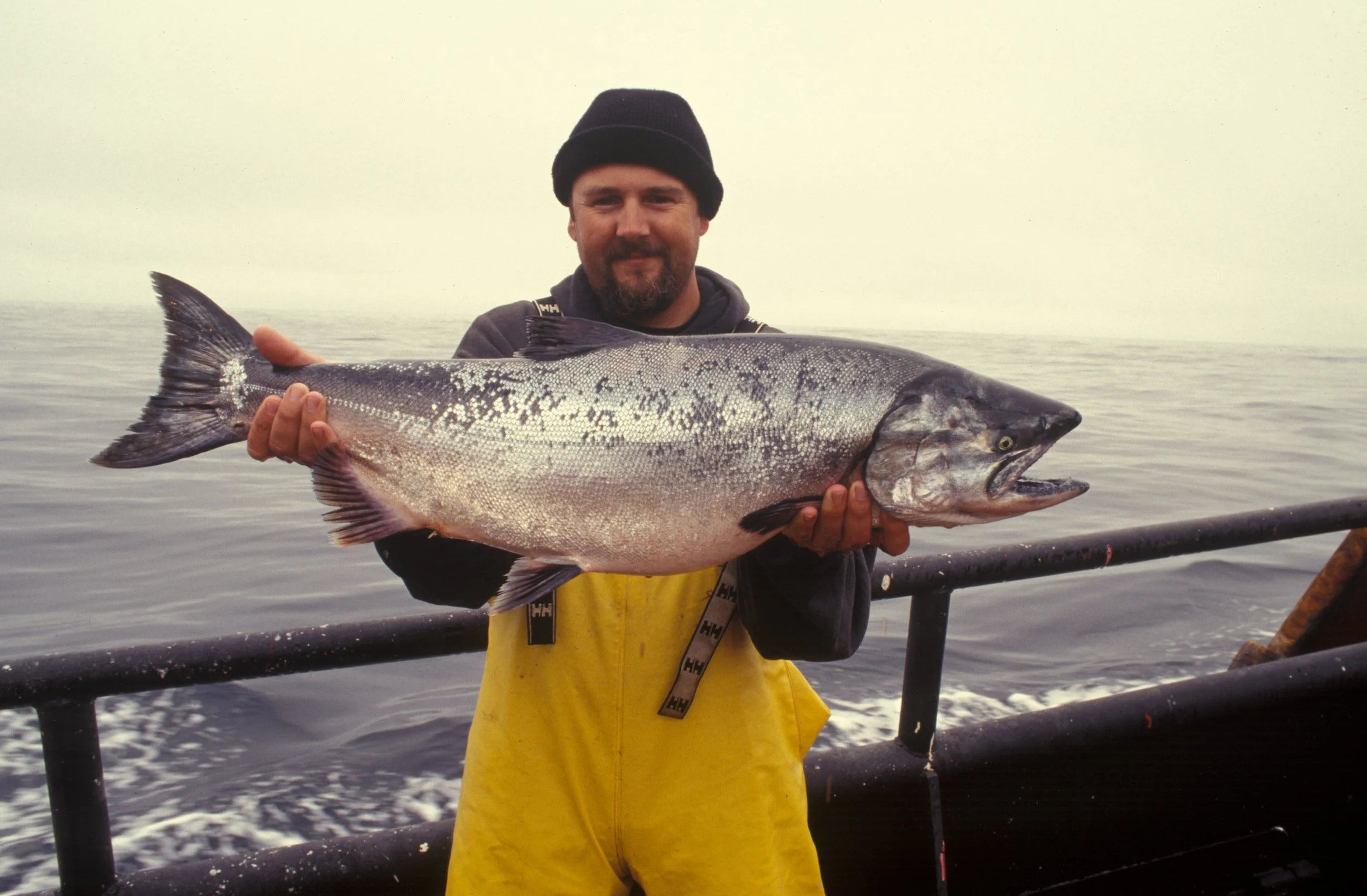Why Size Matters in Sales
One of the things that new founders get surprised by, is how different business to business selling is from what they have experienced when buying and selling things in their personal lives. Selling large higher priced solutions can be very different from buying smaller, transactional items. One of the reasons for this is that the higher the price tag, the bigger the decision for the buyer. Size does matter.
The larger the $ value the bigger the decision
A general rule of thumb when selling, is that the larger the dollar value of an opportunity you are working on, the bigger decision it is for the customer. This means that they will need to likely want to take more time to assess potential solutions to ensure it is the right fit for their business.
What businesses consider to be a big financial decision can differ quite a bit, depending on their industry. In an enterprise software business, for example, anything under $100,000 may be considered small, and only sales over $500,000 would be considered large. An average sale may be $300,000.
But in another business, a $5,000 decision may be considered a large decision relative to the size of the business and the type of work they do.
Why does the size of the decision matter?
The bigger the decision for the customer, the more people there are likely to be involved in making the decision. This makes it a more complex sale for you as the salesperson – as you need to map out who is involved in the decision, what their role is, and how you help them in that decision making process.
In very large sales opportunities, this may include legal people, procurement people and technical people.
It usually also means that the solution you are providing is more complex. It is likely that the buyer needs to take more time to assess the technical aspects of the solution. They will likely want to understand how the solution will work within their organisation, and what impacts it will have on different areas of their organisation.
How does this impact the sales process?
Firstly – the larger and more complex a sales opportunity, the longer it will take to close. There is just simply more to do to help your customer through the process of making a decision, with larger deals.
This doesn’t mean that you let the sales process drag out longer than it needs to, but you will get a feel for how long it takes from point of interest to a decision being made, for your product and business. This length of time is called a sales cycle. It is good to get a feel for the average sales cycle in your business. Once you know this, you can see if there are things you can do to shorten it. You can also get a feel for if a sales is going off track, if it is taking too long.
Just as importantly, if you try and squeeze a sales cycle too much, you will likely start to lose deals. This can happen when you try to push a customer to a decision without fully understanding their requirements or covering off all of the objections from the different decision makers. You try to rush to the finish line without understanding the field and who all the players are, so you trip up.
Why a structured approach helps
The trick with big sales is the same as any big challenge - break it down into manageable chunks, so that you know where you are up to and what to do next.
With longer more complex sales engagements, where you are speaking with multiple people over months, you need to have a structured approach. You need to understand how to walk people through from the point of interest, through to making a decision on a solution. You need to know how to qualify if the organisation you are speaking with has the budget for what you are selling, and that you are speaking with the right people who can actually sign off on that budget. You need to understand who can influence the decision, and how to handle objections when they come up.
This sounds a lot. The good news is, once you have a process that works for you, and understand how to apply it in your business, everything gets a whole lot simpler.
Not only will you close more deals, you’ll know how to assess the health of your pipeline and have a better picture of when deals will close. You will have a framework to discuss sales opportunities with your team, so that you all know exactly where you are up to, and who needs to do what, next.
This is what we do here at Authentic Selling. We help impact focused founders to understand how business-to-business selling works and how to apply simple processes and tools so that they can achieve their vision for impact.
Our next 12-week Sales Incubator for Impact Driven Founders starts 4th October.



